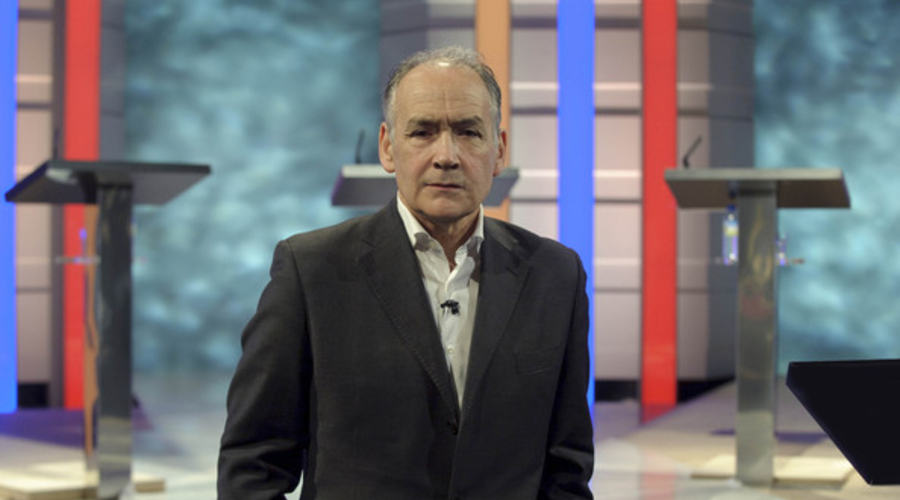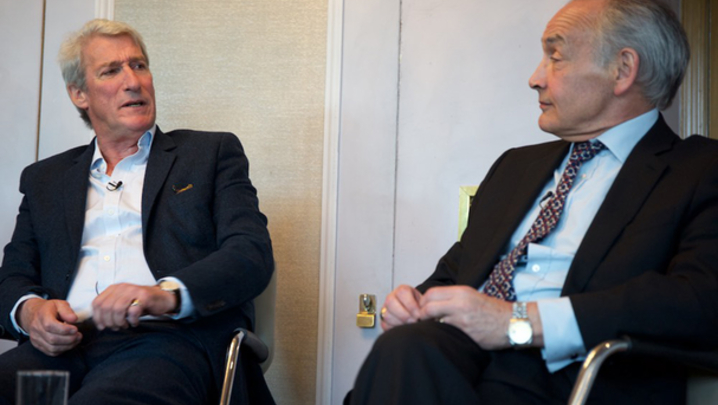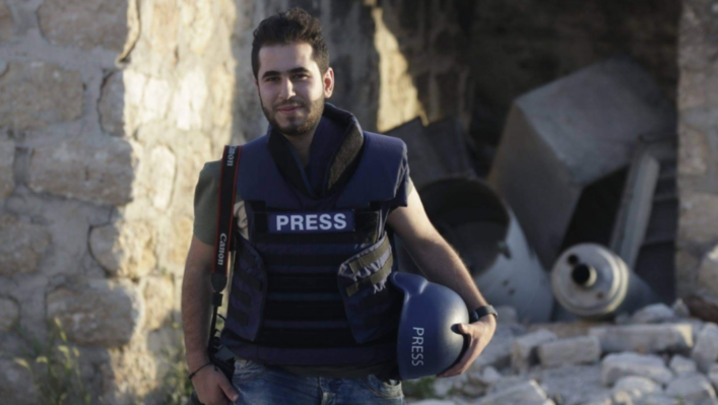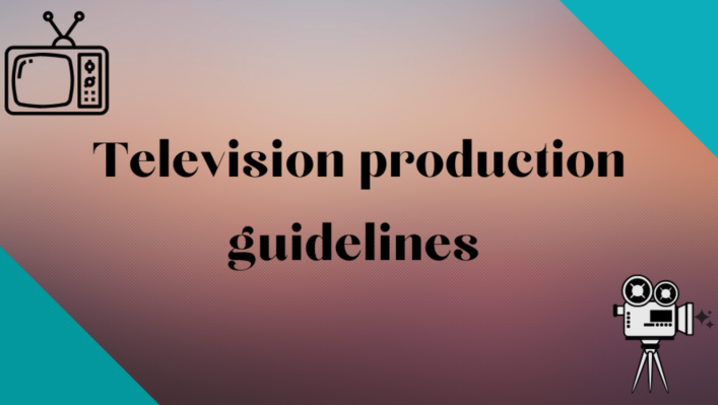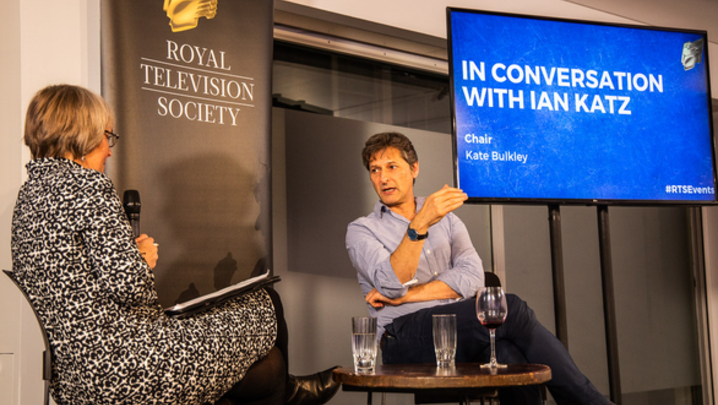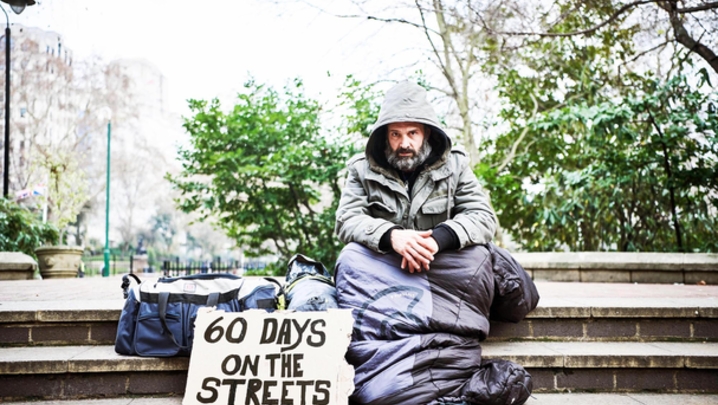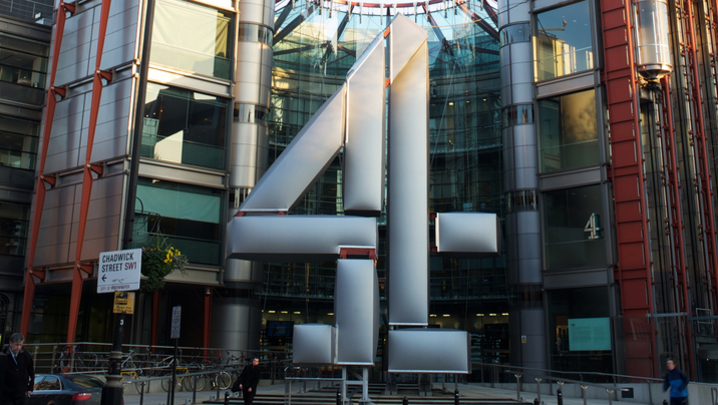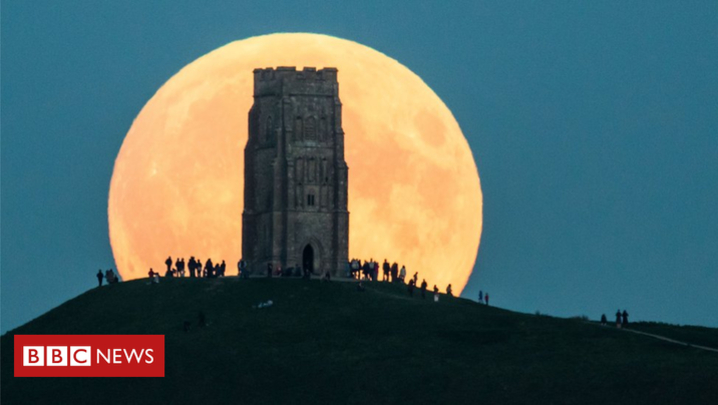Getting information out of politicians on TV is proving difficult this election. Day after day of interviews on a range of programmes are testing parliamentary hopefuls on every policy they have, and straight answers are rare.
Television becomes the perfect climate for politicians to avoid tough questioning and instead get their planned party message across.
Arranged questions and a lack of clear answers are all too apparent for Stewart Purvis, professor of journalism and former head of ITN and Channel 4 News. He believes that politicians are far too used to the “arranged doorstep” interviews seen on the news. The question is agreed beforehand, the politician then walks up to the camera, answers the single question and then walks away. “In no way can that be called an interview and yet it has now become the stock in trade of British television news.”
This is where more substantial interviews have an important role democratically maintains Purvis. “If we’re not ever going to challenge politicians in news programmes it makes it even more important that there are opportunities to challenge them on their policies in longer set piece interviews.
To get answers from politicians on TV, Purvis thinks that what is crucial is “a bit of space in order to ask questions and challenge answers.”
Even when longer televised interviews are arranged, politicians become too aware of the dangers a series of tough questions can lead. They become defensive as a result. Lines that political parties want to get heard become the answer to every question fired at them.
Editor of Newsnight, Iain Katz, famously described Labour MP Rachel Reeves as ‘snoring boring’ in a rogue tweet that went viral in 2013. Put simply he felt that Reeves wasn’t answering the questions asked of her by Jeremy Paxman and instead started all her answers with the phrase “what we’ve said is...” Katz called that phrase “passion killing.”
According to Guardian writer and Radio 4’s Media Show host, Steve Hewlett, there's a big appetite for robust challenging interviews on screen. "If they’re fiery that’s fine and if they’re entertaining TV then all the better,” says Hewlett. Stewart Purvis agrees with him – recounting a story when a Channel 4 interviewer was accused of "wearing his jockstrap on the outside" by a startled MP.
ITV presenter Alastair Stewart rejects such an over-aggressive approach, and thinks that we simply don’t get enough information from politicians. Tough interviews in his mind are a waste of time. “What they’re looking for is the clash.” The harder style is “frankly more heat than light” for Stewart. “It runs the risk of being a waste of airtime.”
“The only reason you’re interviewing these people is because they are elected by other people - and no-one has elected us. For interviewers, the best way of getting answers is a mixture of forensic research and courtesy.”
Now with just days to go until the general election, the battle between politicians and the televised media is set to only get more intense. While interviewers continue to look for answers and space in order to delve deeper, politicians continue to block and try to speak to audiences at home.
However tough the style of the interview be it tougher or more forensic, new information is hard to come by.

